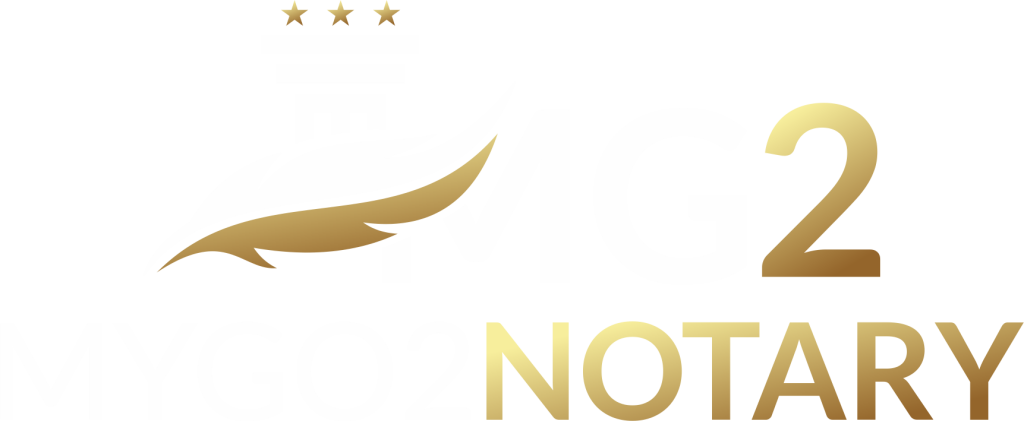Estate Planning
Trust & Estate Planning
Ensure the integrity of your trust and estate documents with our meticulous notarization services—safeguarding your plans with certified precision and legal assurance.
- We aim to meet your needs effectively.
- Get compensated with our personal injury lawyers.
- We aid with injury and accident compensation claims.


Notarization plays a pivotal role in both trust and estate planning by certifying the validity of the documents involved and ensuring they are legally binding. While both services aim to manage and safeguard assets for the future, they do so in distinct ways, each requiring careful attention during notarization.
Trust Planning involves creating a trust, a legal entity that holds and manages assets on behalf of beneficiaries. Trusts can be complex, involving various types of arrangements tailored to specific needs, such as avoiding probate, reducing estate taxes, or providing for a special needs family member. The notarization of trust documents confirms the identity of the grantor and witnesses, ensuring that the trust is established without any disputes regarding its authenticity.
Estate Planning, on the other hand, encompasses a broader range of documents, including wills, powers of attorney, and healthcare directives. The purpose is to ensure an individual’s wishes are honored in terms of asset distribution and care in the event of incapacity or death. Notarizing these documents validates the signer’s identity and their understanding of the document’s implications, which is crucial for preventing future legal challenges.
Notarization in both trust and estate planning serves as a protective measure, ensuring that all documents are executed correctly and reflect the true intentions of the individuals involved. This step is not just a formality; it is a crucial aspect of legal documentation that upholds the document’s integrity and enforceability in court if ever challenged.
